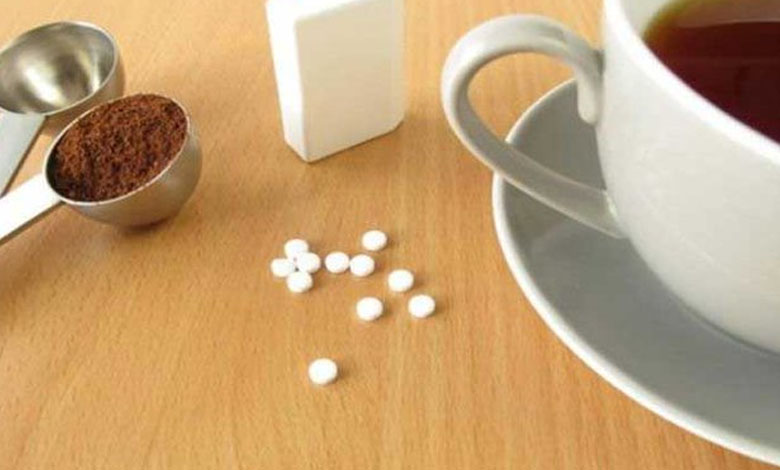Consuming sweeteners may increase the risk of cardiovascular disease

Often seen as ‘slimming allies’, sweeteners are not good for your health and are associated with an increased risk of cardiovascular disease.
Acesulfame-K and sucralose have been shown to be associated with coronary heart disease risk
We are sure of one thing: consuming too much sugar is harmful to our health. Experts recommend limiting sugar intake to 100 grams per day. Faced with this observation, many French people use sweeteners.
Studies suggest an association between the consumption of sweeteners and an increased risk of cardiovascular disease
On the risks of cardiovascular disease, the scientists relied on data provided by 103,388 French adults participating in the NutriNet-Santé study. The results suggest an association between general consumption of sweeteners and an increased risk of cardiovascular disease, specifically cerebrovascular disease. Regarding types of sweeteners, aspartame was more closely associated with the risk of cerebrovascular disease and acesulfame-K and sucralose with the risk of coronary heart disease.
Doctoral student and first author of the study, Charlotte Debras, explains: “This large-scale study suggests, in agreement with several other epidemiological studies on sweetened beverages, that sweeteners, food additives used in many foods and beverages, could represent an increased risk factor for cardiovascular diseases.“.
These results do not support the use of sweeteners as safe alternatives to sugar.
Inserm research director and study coordinator Mathilde Touvier adds: “These results, in line with the latest WHO report published this year, do not support the use of sweeteners as safe alternatives to sugar and provide new information to respond to scientific debates regarding their potential effects on health. They also provide important data for their ongoing reassessment by the European Food Safety Authority (EFSA) and other public health agencies around the world; Acesulfame-K and sucralose have been shown to be associated with the risk of coronary heart disease (myocardial infarction, acute coronary syndrome, angina pectoris, angioplasty)“.












